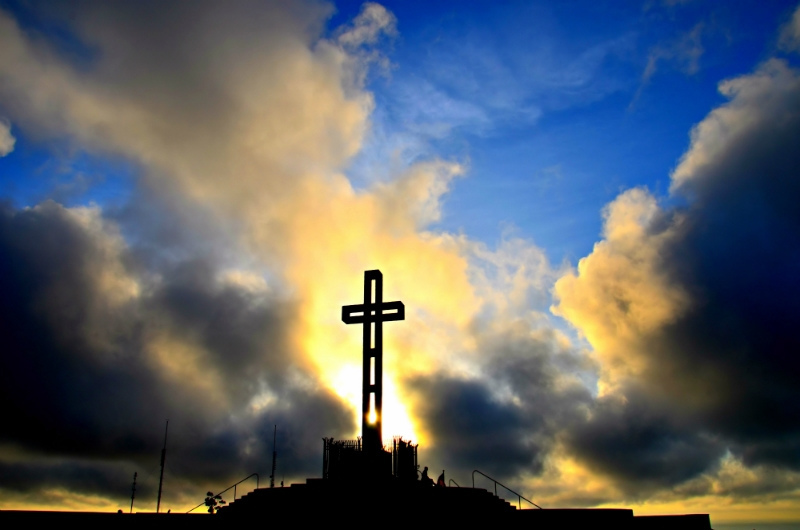Read Leviticus 25:23-55
One of the first words a toddler learns to say is “mine.” As we grow older, that idea of things belonging to us changes, but we can get territorial over our belongings, can’t we? Unlike most expats around our area who move into a furnished home with other people’s stuff, David and I brought our household with us, so we’re surrounded by the familiar, something I want to protect.
But what about ownership? Think about it for a minute. If you “own” a car or a house, do you really own it? In terms of our society, yes. In terms of God’s economy, no.
As the LORD speaks about the land in this passage, he claims it as his own. Deuteronomy 10:14 clarifies, “Look, the highest heavens and the earth and everything in it all belong to the Lord your God.” Doesn’t it follow that God should have a say in what happens to his own property? In the case of this passage, he speaks not only of land but of his precious Israelites.
All these laws were meant to handle situations that were bound to come up. God’s purpose was to help his people act in a certain way so they would stay as holy as possible. The Promised Land they were about to enter was full of abundance, but it was also full of dangers, including other tribes and nations that were not true to God.
What laws do you think God would write today for us? We certainly have not done a very good job of caring for his creation with all the effects of global warming, etc. Would God the Father, like Jesus, take the laws he’s already written and augment them or discard them? The idea of redemption in these verses is so foreign to us. But the concept of being good stewards, taking good care of our land and things we “own,” is more familiar.
When I think of redemption, I think of the price Jesus paid for us on the cross. Speaking of the Lord, Paul says in Ephesians 1:17, “He is so rich in kindness and grace that he purchased our freedom with the blood of his Son and forgave our sins.”
Other texts concerning redemption:
Matthew 20:28 says, “For even the Son of Man came not to be served but to serve others and to give his life as a ransom for many.”
Romans 3:24 says, “Yet God, in his grace, freely makes us right in his sight. He did this through Christ Jesus when he freed us from the penalty for our sins.”
Revelation 5:9b says, “For you were slaughtered, and your blood has ransomed people for God from every tribe and language and people and nation.”
The second part of our reading gives us a better picture of how the Jubilee years would affect these redemption instructions. We can only imagine what it was like to have property and freedom restored every fifty years. It seems odd to us because we have never experienced such handling of God’s possessions.
We don’t need a jubilee year because we have Jesus. Our ultimate freedom lies in him in this world and the next. For now, we can rest in his love with the confidence that we are never alone. That is a very freeing thought, especially when going through a dark valley. Psalm 23 suggests God as our shepherd. I’ve always liked that image because I like to follow the truth and know where I’m going.
 Let’s pray. Father God, thank you for redeeming me by the blood of your son. I trust you with my life and apologize for the times I have acted with less respect than you deserve. Help me to be a better steward of all the abundance you have blessed me with. I want to be courageous when sharing my faith with others so they will know the freedom and confidence you bring. Guide my steps and open my eyes to the situations you put before me. In Jesus’ name. Amen.
Let’s pray. Father God, thank you for redeeming me by the blood of your son. I trust you with my life and apologize for the times I have acted with less respect than you deserve. Help me to be a better steward of all the abundance you have blessed me with. I want to be courageous when sharing my faith with others so they will know the freedom and confidence you bring. Guide my steps and open my eyes to the situations you put before me. In Jesus’ name. Amen.

